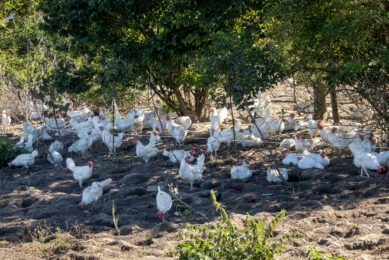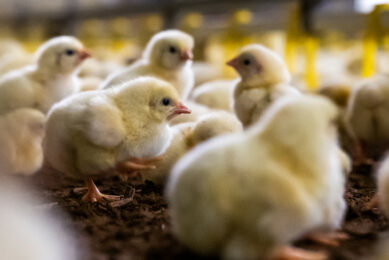Activists push for arsenic ban UPDATE – facts
Food & Water Watch, a national consumer advocacy group, is calling on the Maryland Legislature to pass a ban on the use of arsenic (in the form of roxarsone, as an antibiotic) in poultry feed. Local news agency Delmarva.com replied.
Delmarva.com replied to the initiative as follows: Arsenic is an element that occurs naturally and is present almost everywhere in the environment, but is toxic to humans under certain circumstances. Most environmental arsenic occurs in the form known as inorganic, which is the more toxic form.
Food & Water Watch has targeted the organic – or less-toxic – form of arsenic found in roxarsone, which is consumed by poultry and mostly excreted into the environment. The group’s concern is both environmental and dietary.
Delmarva Poultry Industry adamantly defends the use of roxarsone, citing a variety of sources including the Periodic Table, the Food and Drug Administration and the National Academy of Sciences.
What is a consumer to believe?
Here’s what we know. A 1977 National Academy of Science study, cited by DPI, indicates while chicken contains arsenic at concentrations of 0.02 parts per million, other common foods contain higher concentrations – sugar, red wine, apples, tuna, crabs, oysters and scallops contain concentrations of arsenic ranging from 0.03 ppm to 63.8 ppm.
Food & Water Watch cites studies indicating concentrations in poultry measured more recently may range between 2.2 ppm and 46.5 ppm.
It works without
In 2007, Perdue Farms responded to complaints and concerns from consumers and retailers about the use of roxarsone in feed by discontinuing its use, after determining healthy birds could be produced without it; hence, roxarsone is apparently not necessary to grow healthy chickens.
No one is citing any specific cases of human illness or death resulting from the use of organic arsenic as a poultry additive.
What is lacking is definitive data. Food & Water Watch correctly seeks an independent scientific study of the issue. But without this scientific evidence, it would be premature to ban its use statewide.
Read the original news item and 1 comment











